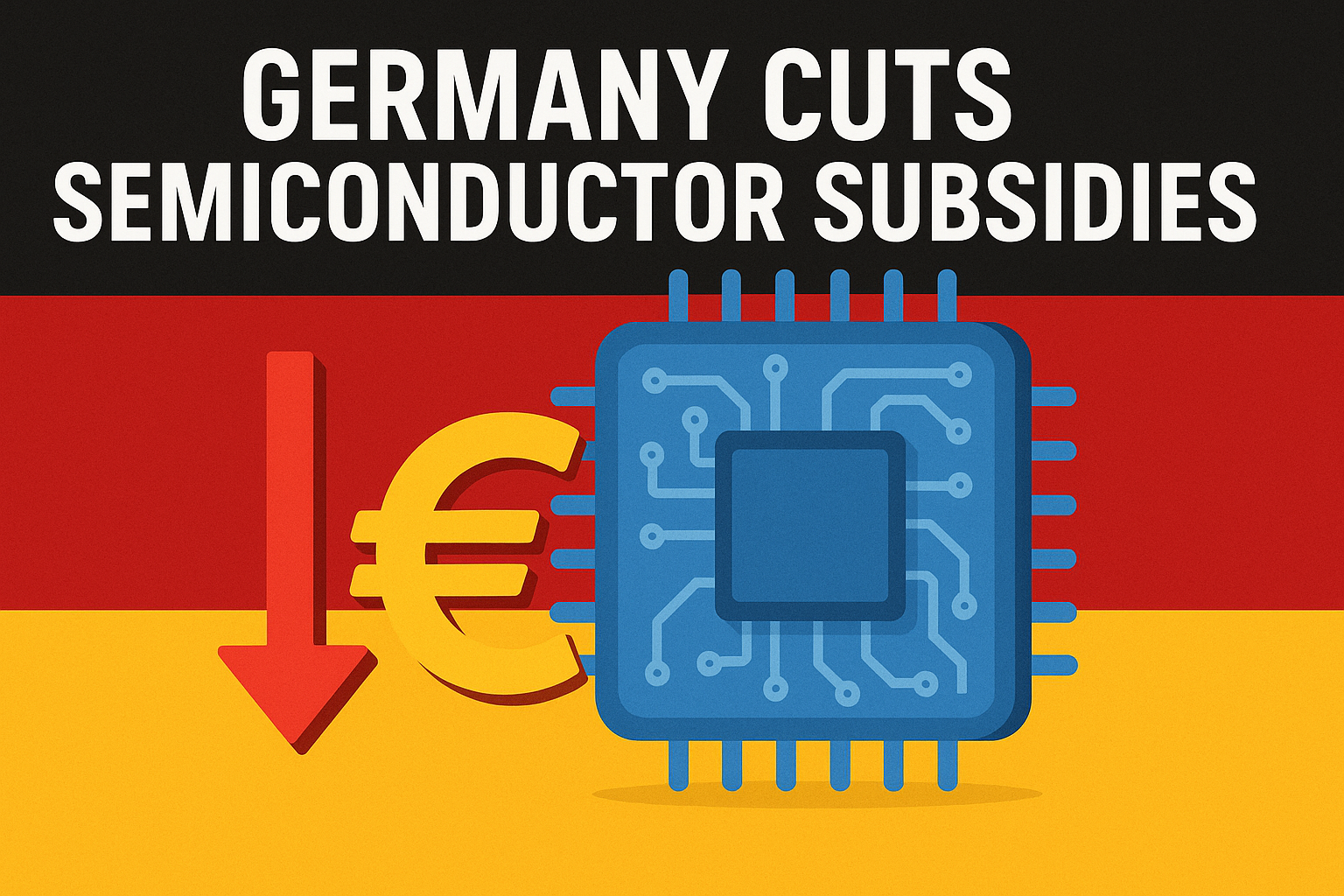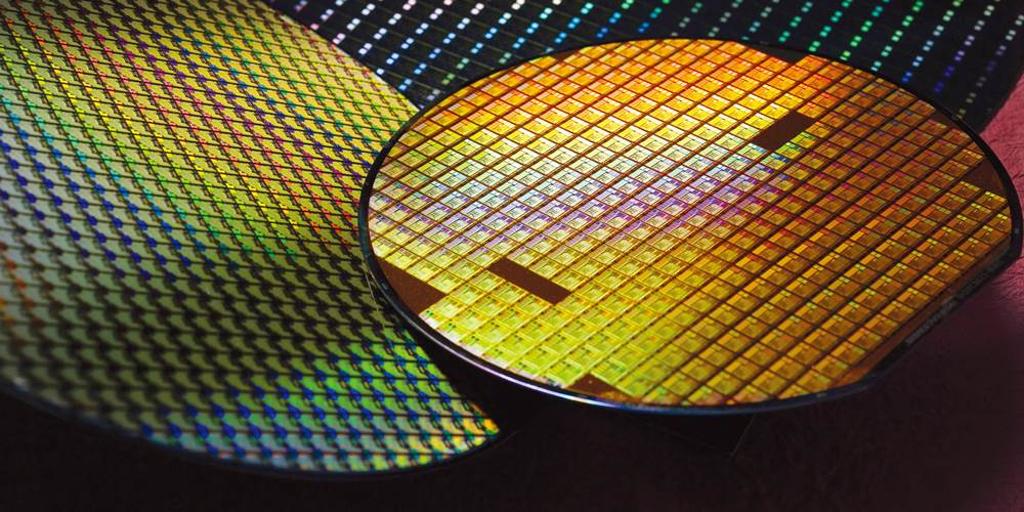Germany Cuts Semiconductor Subsidies, Challenging Europe’s Chip Ambitions

The German government recently announced a reduction in subsidies for the semiconductor industry, redirecting the originally planned €3 billion investment toward infrastructure projects. The move has raised concerns over Europe’s ambitions for semiconductor self-sufficiency.
Germany had initially planned to provide Intel with approximately €10 billion in subsidies to build an advanced chip fab in Magdeburg, a project seen as key to enhancing Europe’s semiconductor competitiveness. However, Intel announced the cancellation in mid-2025 due to insufficient customer commitments and concerns over returns on the large investment.

Despite these setbacks, there are still bright spots in Europe’s semiconductor sector. TSMC, in collaboration with Germany’s Bosch, Infineon, and NXP, is building a €10 billion advanced wafer fab in Dresden, marking an important milestone for Europe’s semiconductor supply chain.
The EU’s Chips Act aims to increase Europe’s share of global chip production from 10% to 20% by 2030, though experts warn that subsidies alone may not be sufficient to achieve this target.
Overall, Germany’s decision to cut subsidies poses a challenge to Europe’s chip strategy but also encourages policymakers to reassess their approach, highlighting the importance of technological innovation and international collaboration.